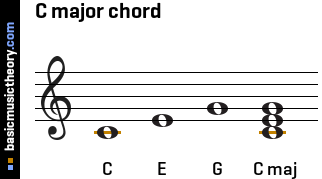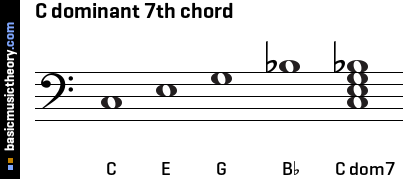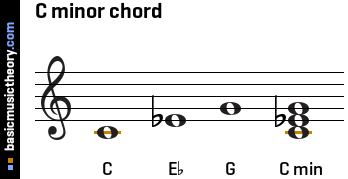"They teach you there's a boundary line to music. But, man, there's no boundary line to art." - Charlie Parker
Hello Fellow Struggling and aspiring Jazz Musicians. You are not alone.
Like many Jazz musician's I have struggled to play jazz music the way I want to. Sure I can read the music, but jazz is so much more than what is written on the page. It is about he improvisation. The expression of one's personal story through music. I can barely communicate my thoughts through words, let alone evoke emotions through music. Music is the only thing I can truly identify as a part of my personality.
For the next 6 weeks I have decided to delve deep into the world of Jazz Music. A style of music that I consider to be the ultimate expression of freedom and creativity. It is in the 6 weeks will I finally be able to explore the world of improvisation and become one step closer in being able to express myself through music.
Motivations
I have been playing music. My very first experience with music was through the Piano as I played classical music. In all honesty, that was the worst time in my entire life. Not only did I hate the piano, but classical music was just awful and boring. I still remember making death threats toward the piano. It wasn't until 6th in middle school when I got my first taste of Jazz Music through Charlie Parker
(First Jazz Piece I Heard). Even to this day, Charlie Parker is one of my greatest inspirations.
Another on of my key motivations, is demonstrating the true nature of Jazz. Unlike other styles of music, Jazz is all about freedom and expression. Just this weekend I was provided an opportunity to have a Jam session. It was in an unfamiliar place, with students from other school. Regardless of all these circumstances, we just started playing together. Someone would start playing a song, and the rest of us would join in and begin playing. Through this experience I realized something about Jazz that I feel has been lost through the systematic organization of Jazz Bands. Jazz is about playing with anyone, at anytime, at anyplace. Through improvisation I want to be able to play music with any person in the world.
Although I am capable of very basic improvisation, I am far from being able to improvise according to the key changes in the song. Here is a comparison between me playing a simple blues scale improvisation and real Jazz Artists such as Charlie Parker on the song Billies Bounce.
Goal
Sometimes the excitement of a certain task leads to a lack of patience, and it can rush the necessary development of basic skills. Down below is a chart that outlines my goals at the end of every week. Although very boring and repetitive, it is important that I start with the very basics of chords, scales, and arpeggios. It is necessary that I have such mastery over them that I can play them instantaneously. In order to keep track of my progress, I plan on posting weekly videos on any improvements and updates.
Ultimately by the end of these 6 weeks, I hope to finally be able to improvise over chord changes at a basic level. I also hope that my practice for improvisation will help me improve other musical skills that are necessary to be skillful in Jazz Music.











